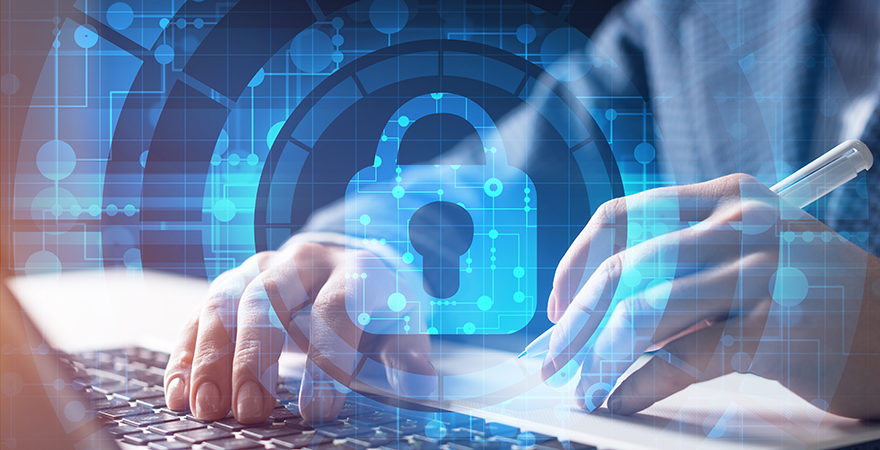Identity Theft: What To Know and How to Protect Yourself

In today's digital era, taps and clicks are part of everyday conveniences that help us shop, pay bills, and order food. Websites and apps allow quick and easy communication, money movement and other sensitive tasks. While convenient, this accessibility can expose personal information to cybercriminals. As online services grow, so does identity theft by fraudsters.
Data breaches have exposed hundreds of millions of consumers to hackers. In 2023, the Federal Trade Commission reported over one million identity theft complaints, with thieves stealing more than $10.3 billion. Many scammers pretend to be government officials, fraud departments, distressed relatives, well-known businesses, or tech support experts.
Cyber thieves who access personal data, such as birthdates, social security numbers, addresses, or financial information can use the information to open accounts in your name, convince you to send money to money to a fraudulent person and file bogus tax returns in your name. Victims often remain unaware until weeks or months later, typically realizing the issue when verifying account balances or viewing statements. Damage may include financial loss, adverse effects on your credit score and the time and cost associated with having to restore your name.
By following these best practices, you can help protect yourself from fraud and identity theft.